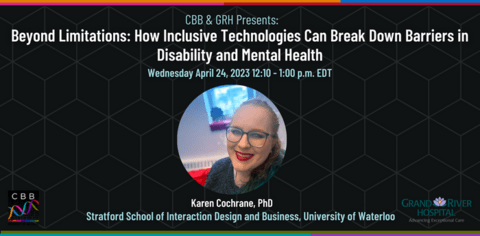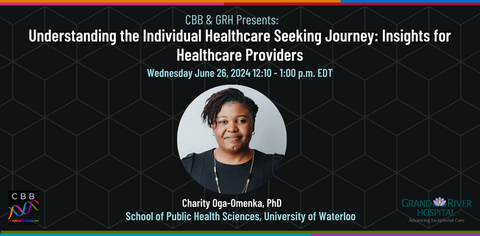Profs Present - Microrobots with potential applications in medicine
Abstract
This talk will introduce micro-and nanorobots and their potential to revolutionize medicine. One of the main goals of microrobots is to make medical interventions more targeted and less invasive. Nano-and microrobots show great potential for active and remote-controlled motion inside the human body. Possible future applications include active, targeted delivery of therapeutics to diseased sites (e.g. tumours), cell delivery for regenerative therapy and non-invasive surgery. The removal of obstructions inside the body such as blood clots, renal stones or other blockages in a minimal invasive manner is another main subject of our research. This talk will give an overview of the very interdisciplinary research that combines expertise from robotics, medicine, engineering, chemistry and biology.







